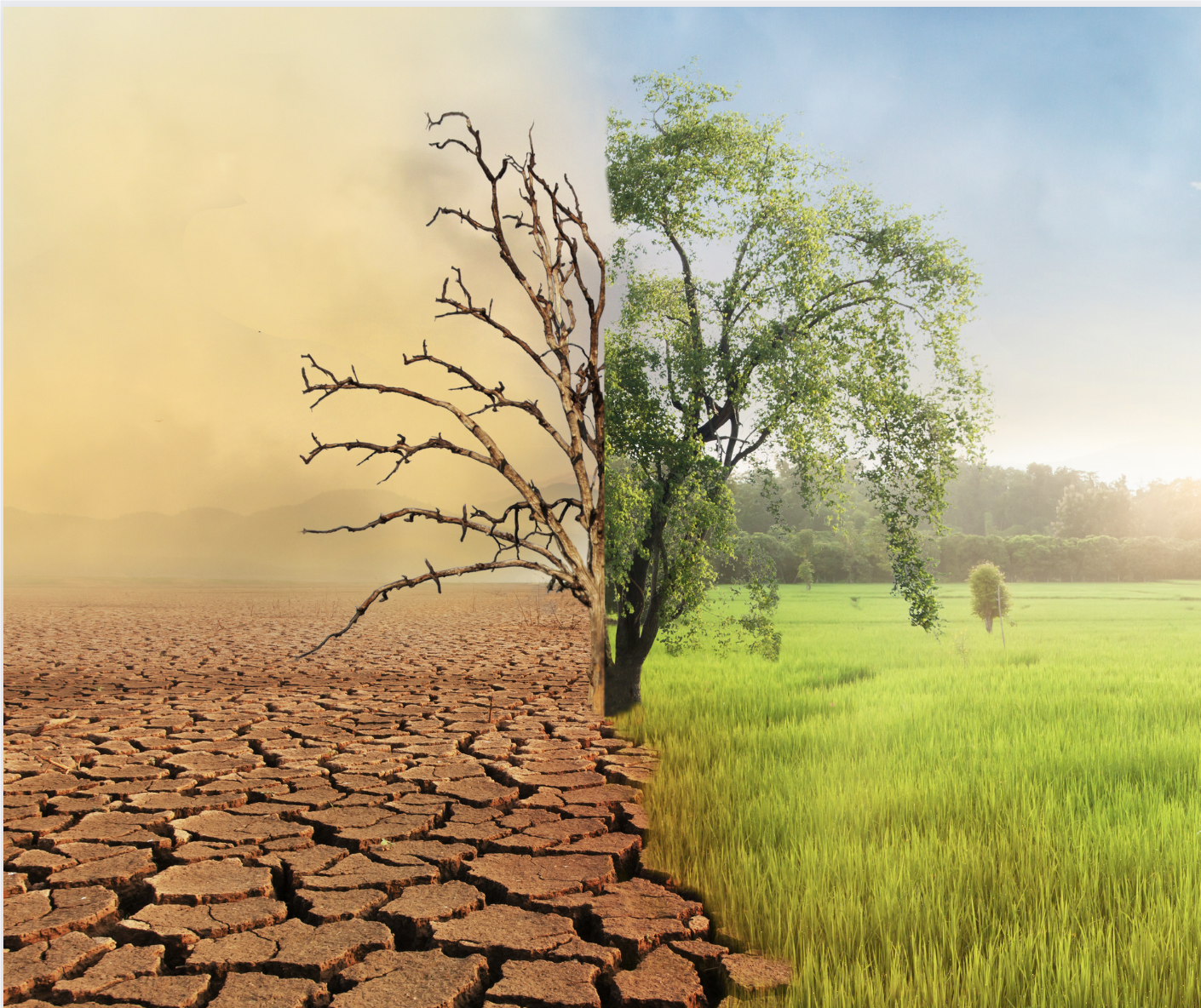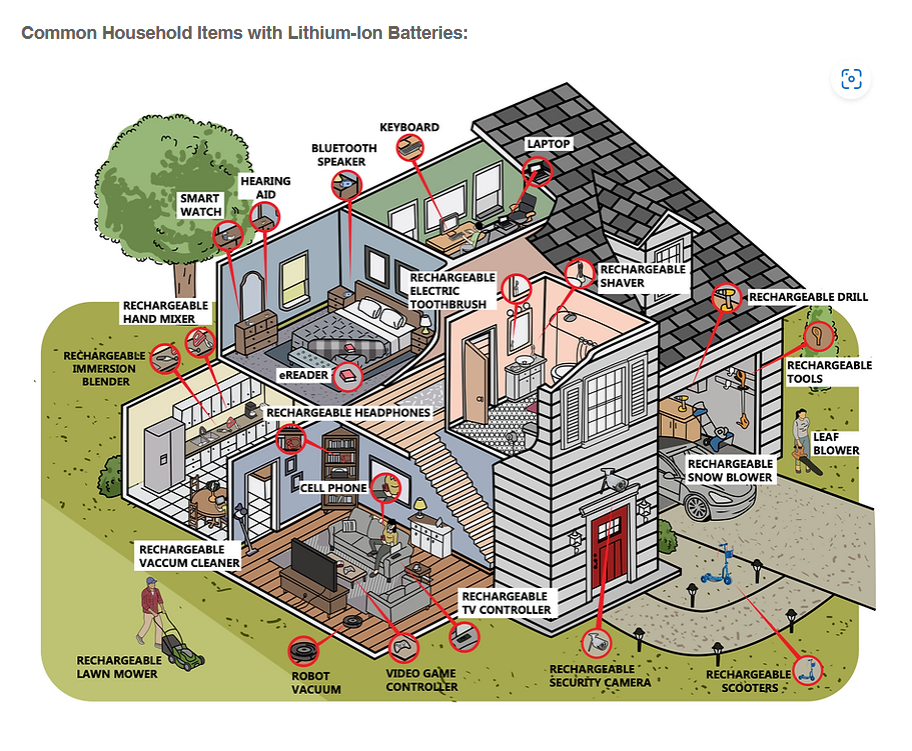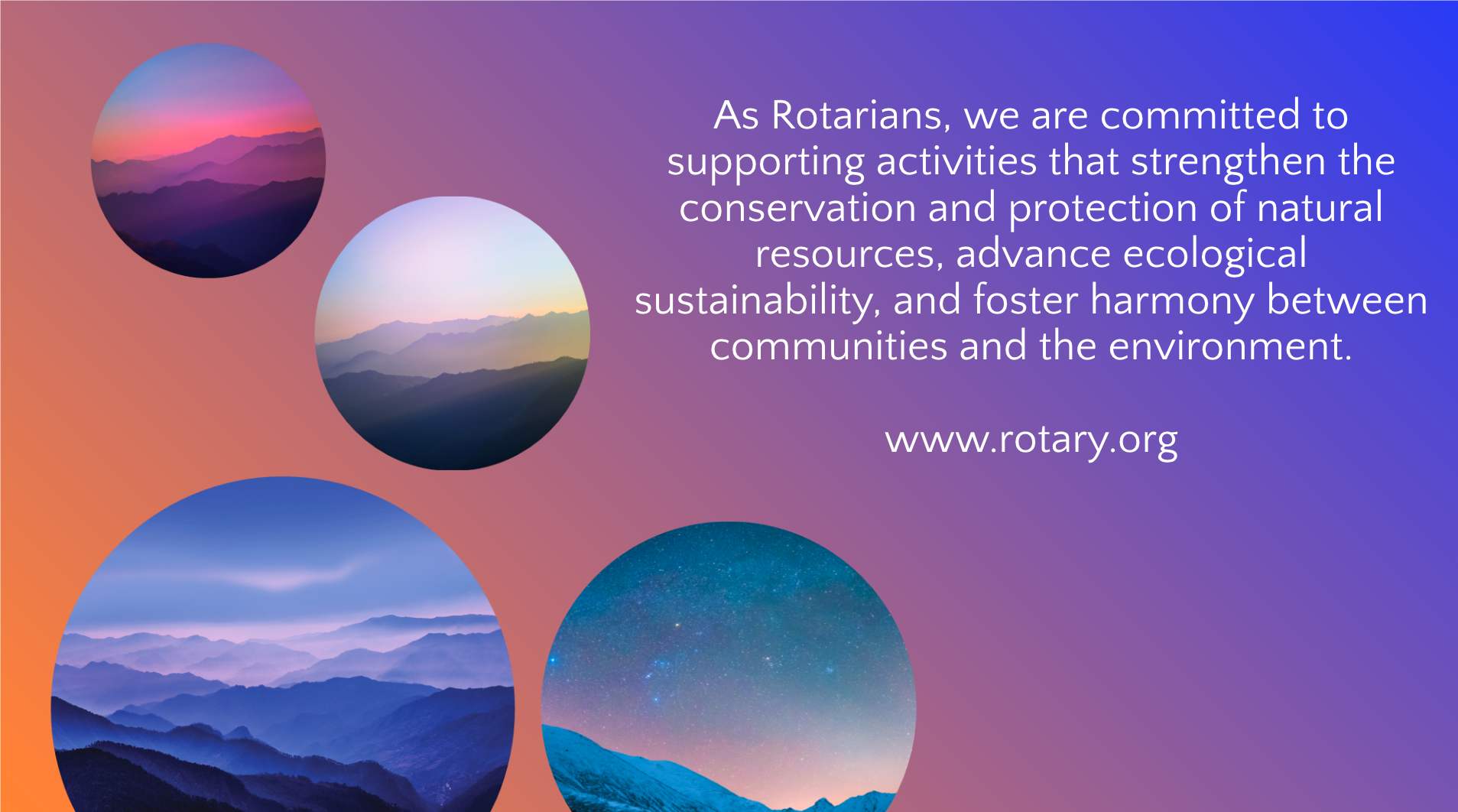In 2020, 51 billion tons of CO2 (Carbon Dioxide) and other greenhouse gases were released into our environment by human activities (1). At the same time, major deforestation of rainforests is occurring (trees help remove or sink CO2). The combined one-two punch is expected to increase in subsequent years. CO2 is the main offending greenhouse gas (meaning that it traps reflected heat back to earth rather than allow that heat to go into space). Some CO2 is good and necessary for earth’s temperature health, but too much will cause the earth to heat up. Presently, there’s too much. We don’t want to be another Venus (similar orbit and size to earth but due to its high CO2, is 800 degrees F).
CO2 is not the only greenhouse gas being released. Nitrous Oxide and Methane trap 80-280 times the reflected heat per ton than CO2, and they too are being released at an alarming rate. The net result: Earth is heating up. Surprisingly, we have been aware of the potential problem since the 1950’s, and it was even postulated in 1824 by Joseph Fourier, but we have only begun to adopt plans to reduce these gases. It’s not too late, but much damage has already been done. We need to reduce those gases as much as possible. Even better, we need to “sink” or remove some from the atmosphere all together. Note that CO2 can stay in the atmosphere for up to 10,000 years (1), so reducing the sources of the gases and even removing those gases is an imperative. There is NO scenario where we add greenhouse gases to the atmosphere and the earth doesn’t heat up. It’s a cause/effect situation. A one or two degree Celsius increase in the worlds’ mean temperature is considered to be a disaster. Presently, at the current pace, we will see a two-degree increase by 2040 and a five-degree increase by year 2100.
There is a point of no return, meaning that, at the basic level, the heat causes ice/glaciers and snow (also referred to as the cryosphere) to melt; in turn, those locations stop reflecting sunlight back into space but instead the now exposed ground absorbs sunlight. Further, as the cryosphere disappears, the trapped eon-old dead vegetation will release its own methane gases, which will heat up the earth more and so on. In just the last 20 years, we’ve seen massive glacier retreats, ocean ice pullback and higher elevations for snow fall (4). Further, we see sea levels rising, increased wildfires, increased hot days, increased and more severe hurricanes, flooding, etc. Some say that there’s no scientific consensus that the cause is greenhouse gases, but trends are correlating proportionally to an increase in these natural disasters as the greenhouse gases are released (4). Note that the biggest changes to the temperatures are being seen at the two poles, where we depend most on the snow/ice. Sadly, this recent July 3rd, 2023 saw the HOTTEST worldwide mean temperature ever recorded since records have been kept. The prediction is that this record will be surpassed in the coming days. Action is imperative.
Greenhouse gases are the more immediate emergency, but there are other pollution issues, such as plastics/microplastics in our ecological food chain, chemicals in our groundwater and smog (we breathe this too). Existing animal species extinction is happening at an alarming rate affecting biodiversity. The food chain depends on each rung of the ladder so breaking a rung will affect other species. For example, pollinating insects are seeing drastic reductions in numbers (3). The human species depends on plants that depend on these pollinators. We will be directly affected, as will other animals. As the heat increases in existing food belts, the farming regions will have to shift to more northern locations(4) (they already are) where the sun doesn’t shine the same amount as where the plants developed, so the crop yields are expected to shrink, causing hunger in many parts of the world. The oceans are bifurcating (meaning oxygen is greater in some places and less in others), causing fish to die (1). A two-degree rise in world temperature may kill all the coral reefs (4), starving more fish and causing human food insecurities in the countries that depend on this food source. It’s all interconnected so we have to stop the cause to stop the negative effects. So much more can be said but it is not the intent of this “corner” to write a full assessment of the negative effects of climate change. Rather, we encourage you to review other sources (some listed below).
Ever wonder where the pollution is coming from. Here's a CNN breakdown detailing countries and amounts:
<Pollution sources>This is harsh stuff to consider and to talk about, but it’s necessary if we’re going to be spurred to action. It won’t be easy to substantially lower emissions, but it is vital. And fortunately, we have much of the technology to do it, we just need the will and action. This environmental awareness corner is not intended to solve the huge problems facing the planet, but awareness helps us make changes. Changes are what’s required to fix the problem. Our members can only do what little we can do, but our actions help a little and maybe will encourage others to do the same. In a perfect world, if all eight billion of us earnestly worked towards this goal, we would answer the problem.
Sources:
(1) How to Avoid a Climate Disaster, by Bill Gates
(4) Wonderium video; Earth’s changing Climate
What we do today
will make a difference
for tomorrow.



